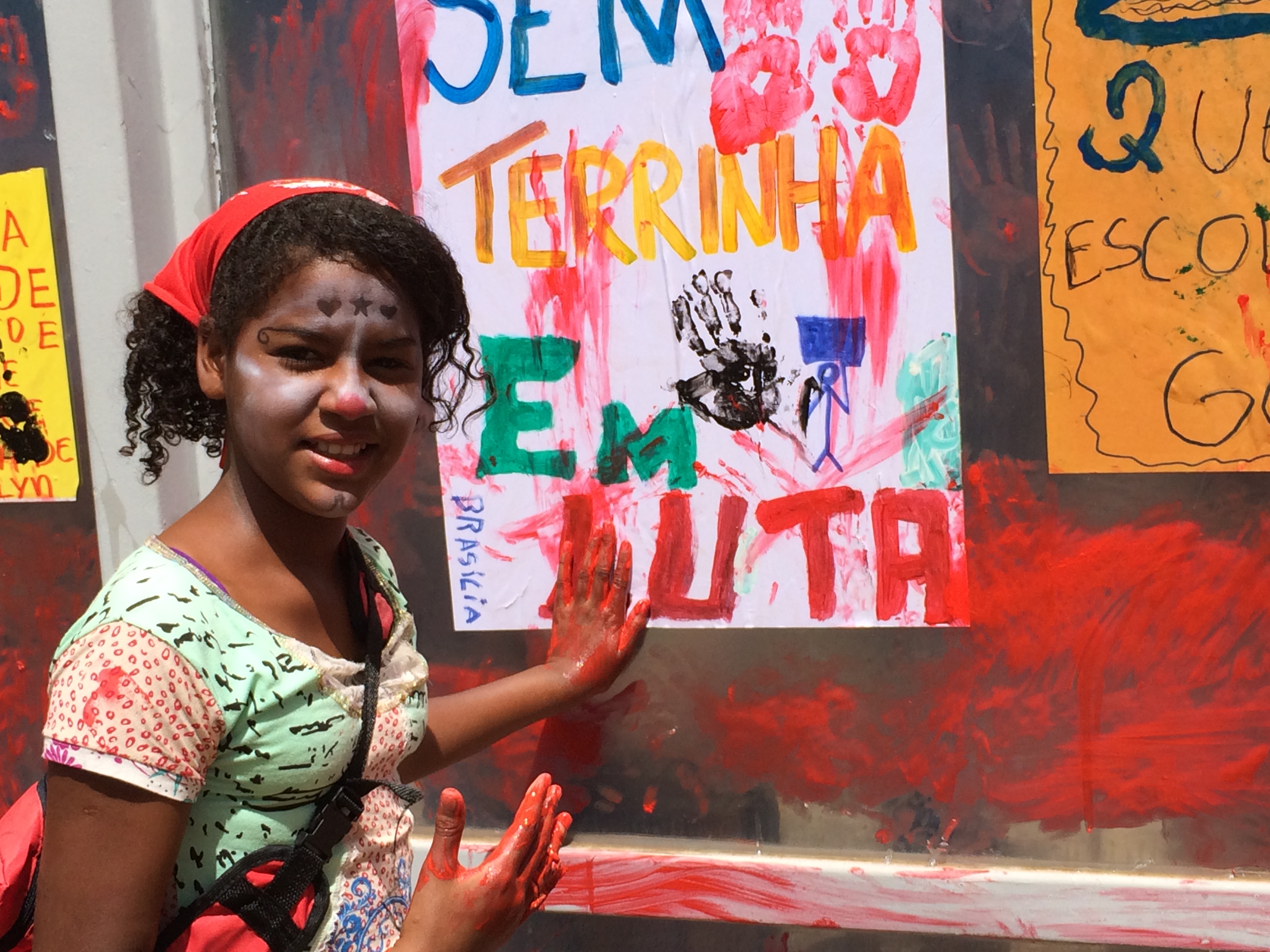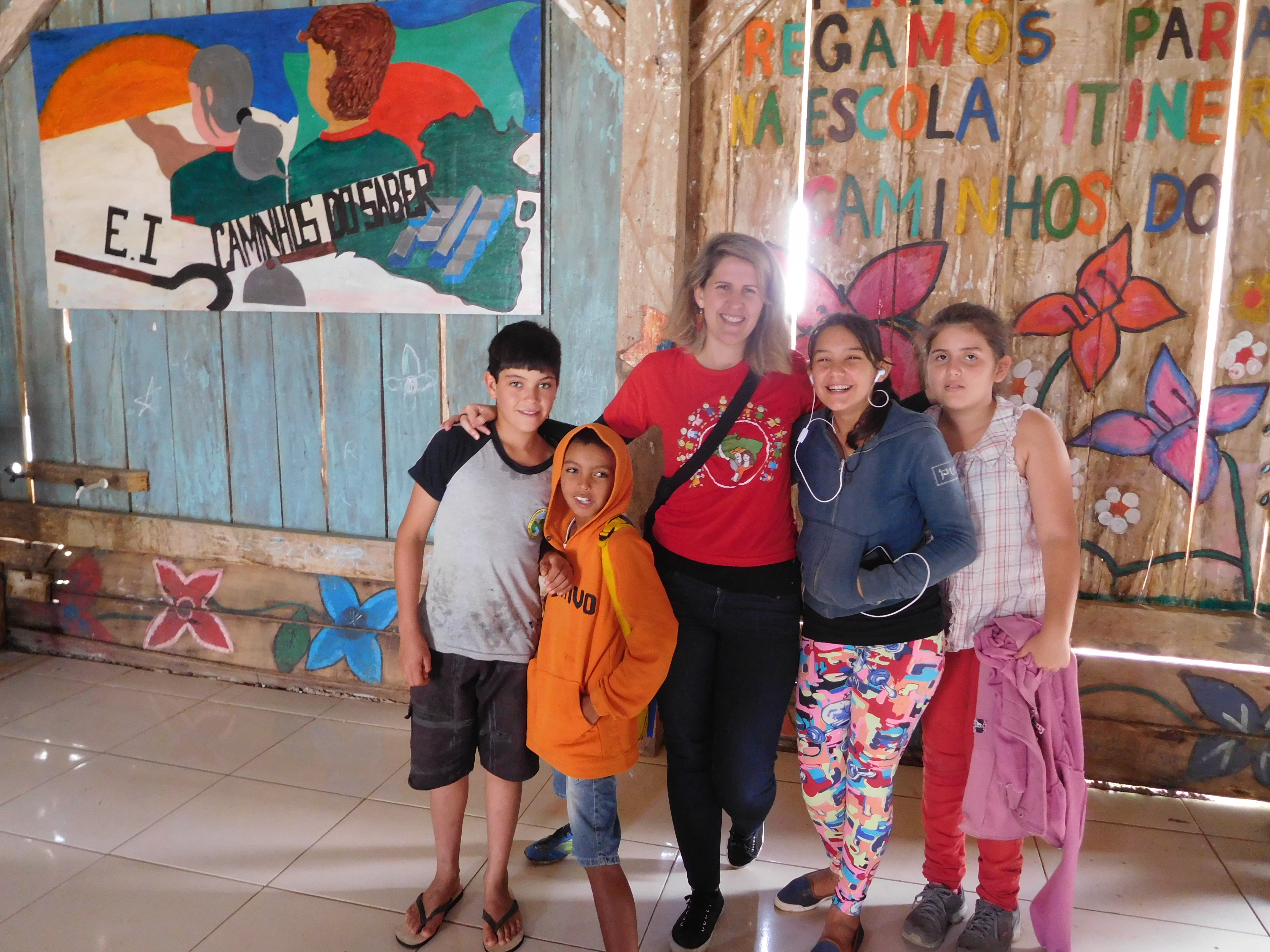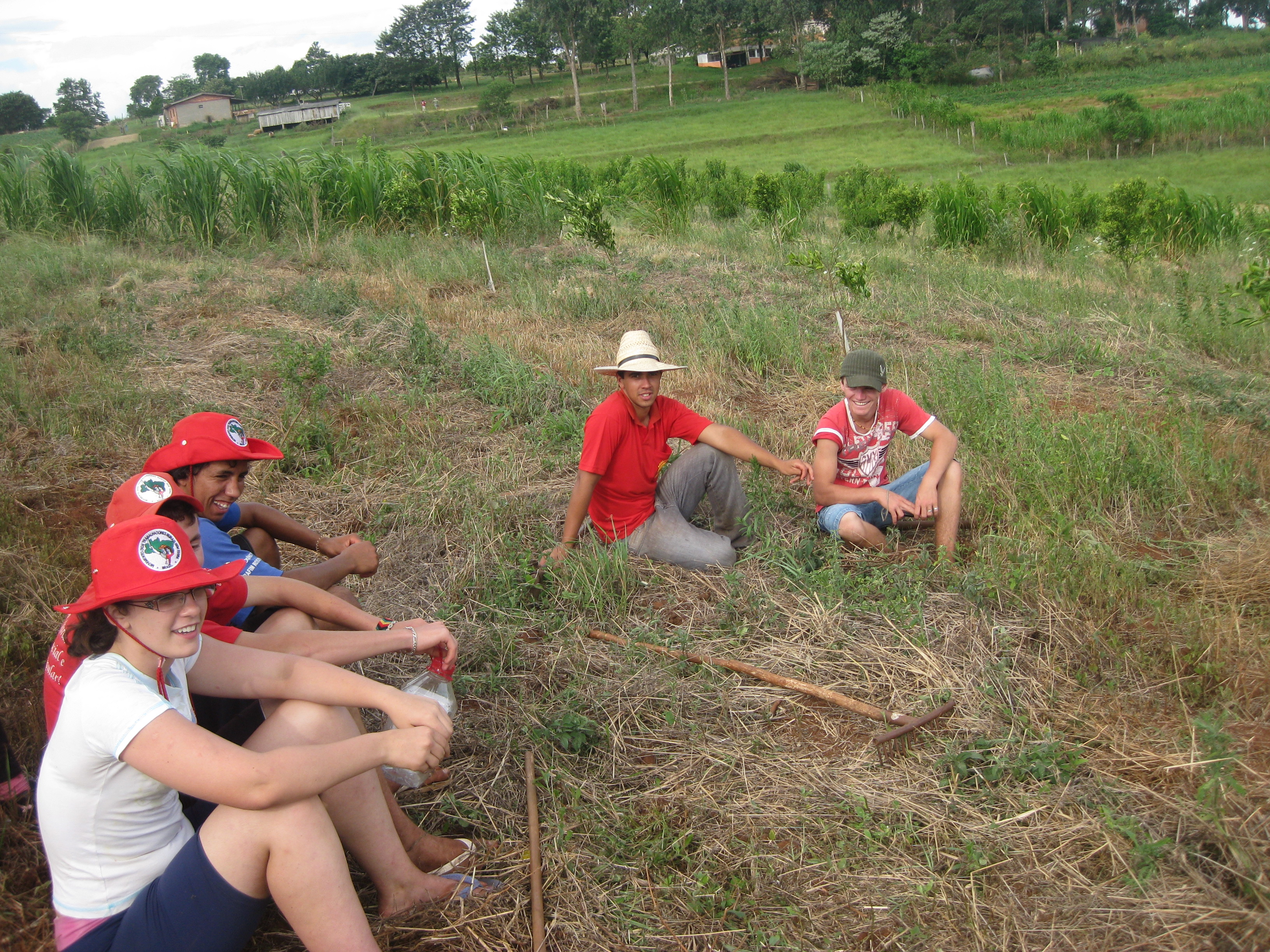Occupying Schools, Occupying Land brings together two audiences who often ignore each other: educational scholars, who assume that changing educational practice is sufficient in itself to catalyze broader social change, and social change theorists, who typically ignore the role of schools or see education primarily as a tool for reinforcing the social and political status quo. Over the past thirty years the Brazilian Landless Workers’ Movement (MST), one of the largest social movements in Latin America, has developed an education reform proposal that is linked to the movement’s vision for agrarian reform through large-scale land redistribution and the establishment of collective, small-family farming in the Brazilian countryside. In many ways, the MST’s education reform efforts have been more successful than their agrarian reform goals. MST leaders have had tremendous success convincing municipalities, states, and the federal government to recognize, fund, and share governance over an alternative rural school system that spans infant education to university schooling, affecting hundreds of thousands of students.
Drawing on twenty months of ethnographic research in five regions of Brazil, Occupying Schools, Occupying Land analyzes the MST’s visions for education and agrarian reform and the steps that the MST has taken to lead this national education reform effort in the Brazilian countryside. This book makes several theoretical contributions. The first is that engaging formal institutions is central to social movements’ longevity and ability to achieve their social and economic goals. This directly contradicts a classical perspective on social movement development, which argues that movements inevitably become more conservative, demobilized, and less effective as they institutionalize. The second contribution is that although participating in formal institutions can increase the internal capacity of a social movement, activists must still engage in a combination of disruption and institutional pressure in order to achieve their goals. Third, even when social movements combine disruptive mobilization and institutional pressure, success is not assured and social movement outcomes depend on both variations in the political institutional context that the movement confronts and variations in the internal organization of the movement. Based on a comparative analysis of three states, the author argues that activists’ ability to transform public schools hinges upon the interaction of three factors: political regime, state capacity, and social movement leadership-base relations. Finally, the book shows how formal educational institutions can serve as a generative sphere for movements to build internal capacity and social influence. Through an examination of the success and failure, potentials, constraints, and contradictions of this social movement-led education reform process in Brazil, Occupying Schools, Occupying Land offers insights into the relationship between education and social change, social movements and states, and the barriers and possibilities for similar reforms in democratic contexts throughout the Global South and Global North.
* Pictures from Tarlau's private arquive: a student demanding that the government stop to closing down rural schools; the author with students at a public school inside an MST encampment , and high schools students learning agroecological farming techniques as part of their curriculum.




